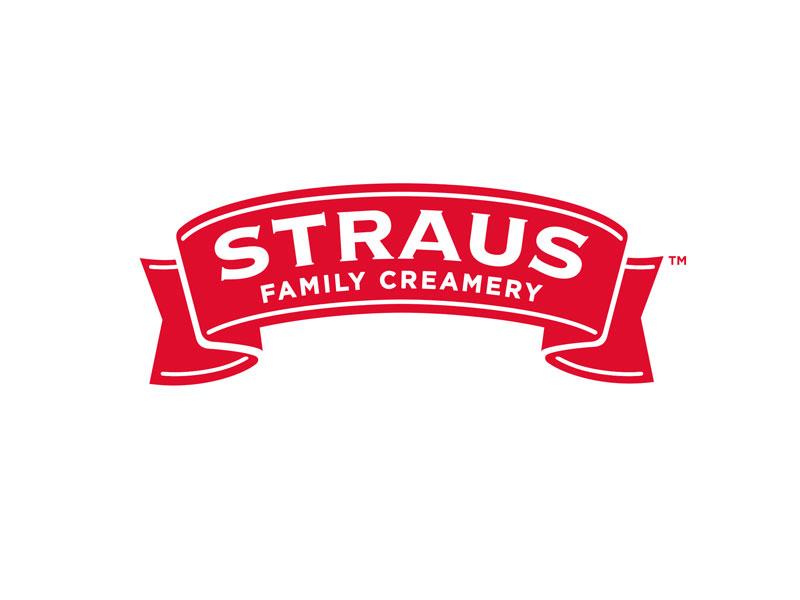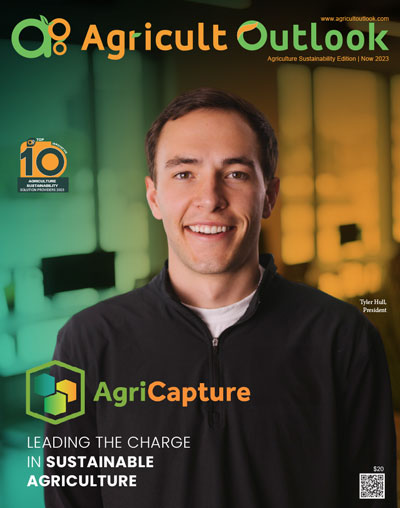Straus Family Creamery, renowned for its minimally processed premium organic dairy products and leadership in sustainable organic farming, has officially announced the launch of a brand-new incentive program, which is designed to encourage greater sustainability across the dairy industry. Appearing on the scene as first of its kind from a dairy processor, the stated program delivers a set of incentives that are tied to implementing on-farm climate solutions from Straus Family Creamery’s replicable carbon-neutral organic dairy farming model, which aims to reduce on-farm greenhouse emissions to net zero. Once accrued, these incentives will be dispatched and allocated monthly to farms based on qualified practice implementation rather the purchase of offsets or based on post-practice results. Talk about the program on a slightly deeper level, it promotes implementation of carbon farm plans with regenerative land management practices, practices that build healthy soil and sequester atmospheric carbon. Next up, we must get into program’s focus on preaching a brand of manure management practices that will decrease lagoon emissions by at least 80 percent. It will realize such a feat on the back of small-scale anaerobic digesters and climate-smart manure management practices like composting. Moving on, the new incentive program also brings to fore a prospect of eliminating fossil fuels through the electrification of on-farm vehicles that were previously powered by methane biogas captured in cow manure form. Rounding up the highlights is how Straus Family Creamery’s latest brainchild will leverage a certified organic feed additive, such as red seaweed (Asparagopsis taxiformis), to make a significant cut back on enteric methane emission.
“We could not execute this program and our 2030 net carbon neutral goal without the mutual collaboration and innovation of our entire network of organic dairy farms. These farms are key stakeholders in helping us advance a sustainable organic dairy farm model and a more resilient food system,” said Joseph Button, Vice President of Sustainability and Strategic Impact at Straus Family Creamery.
The development in question provides an interesting follow-up to the new USDA 2022 Census of Agriculture report, which came out last month and revealed that the number of US dairy farms has shrunk significantly from 39,303 in 2017 to 24,082 in 2022.
“Each year, farmers must farm with challenging climate conditions, increased expenses, and operating costs while needing to be economically viable,” said Albert Straus, founder of Straus Family Creamery. “We want to support farmers, their stewardship of the land, and animal welfare, and help them innovate. That’s why we are creating a carbon neutral organic dairy farming model that enables these farms to succeed to the next generation.”
Founded in 1994, Straus Family Creamery has been reshaping the dairy game right from the point of inception when it became the first 100 percent certified organic creamery in the United States. The company would later go on to also become the first non-GMO project-verified creamery across North America in 2010, and the first creamery in the world to receive TRUE® Zero Waste Certification. To build upon that environment-centric history, the creamery is now also collaborating with dairy farms nationwide to reach carbon neutrality by 2030.




